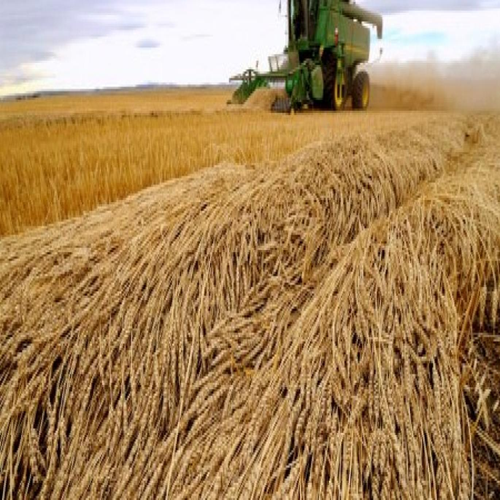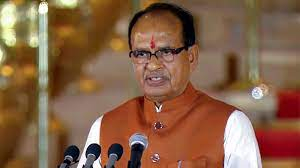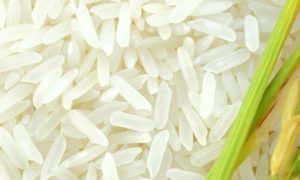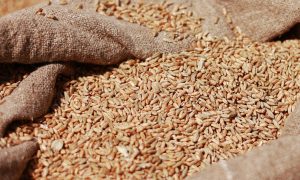India aims to increase wheat’s share in PMGKAY, eyes 310 LMT procurement this season

In a bid to bolster food security measures, India is setting its sights on elevating the proportion of wheat within the Pradhan Mantri Garib Kalyan Anna Yojana (PMGKAY). Food Secretary Sanjeev Chopra told CNBC-TV18 that the nation anticipates procuring 310 LMT (lakh metric tonnes) of wheat during the ongoing Rabi Marketing Season. This forecast marks an ambitious 18.3% increase compared to the 262 LMT of wheat procured in the previous season.
Terming the recent offloading of 101.5 LMT of wheat under the Open Market Sale Scheme (OMSS) by the Food Corporation of India (FCI) as the largest-ever tranche, he said the government is likely to revisit the wheat-rice ratio under the PMGKAY.
This consideration stems from the adjustments made following a reduction in wheat harvest in 2022. During that period, wheat allocation was reduced from 18.2 million tonnes to 7.1 million tonnes, prompting a corresponding increase in rice allocation from 21.6 million tonnes to 32.7 million tonnes.
Addressing concerns over recent weather conditions, Chopra reassured that the wheat crop did not face any damage despite heat waves and sporadic rainfall. Consequently, there are no immediate plans to reconsider restrictions on wheat and rice exports, he said. Pointing to a year-on-year increase of 5% in wheat prices and a 7% rise in the Minimum Support Price (MSP), Chopra termed the current market prices of wheat around MSP desirable.
Aiming to keep sufficient stocks with itself to influence prices, the government is already implementing a plan to boost wheat procurement in key states such as Uttar Pradesh, Madhya Pradesh, Bihar, and Rajasthan. Within these regions, 59 key districts have been identified for close monitoring of procurement activities.
Chopra also highlighted the positive impact of initiatives like Bharat Atta and Bharat Rice in mitigating price fluctuations despite lower sales volume. He indicated that the programmes, with their significant signalling effect, contribute to the government’s efforts to stabilise food prices and ensure accessibility for all citizens.














